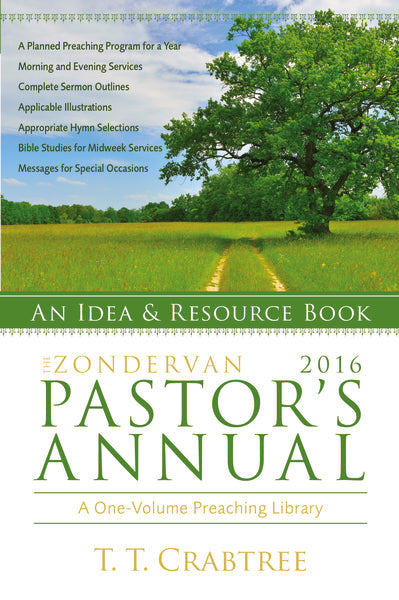May this sermon help you improve the quality, freshness, and variety of your pulpit ministry, and better meet the spiritual needs of those in your congregation.
Sermon Title: Personalities of Bethlehem – Joseph
Text: “And they went with haste, and found Mary and Joseph, and the babe lying in the manger” (Luke 2:16 (RSV)).
Scripture Reading: Matthew 1:18-21
Offertory Prayer: Our gracious Father, we enter with eager expectancy the season of the year when the blessedness of giving is most significant. This is because we celebrate your greatest gift, your Son, who was born in Bethlehem so long ago. In response to that gift of love, we bring our gifts asking your blessings on each gift and each giver. In Jesus’ name. Amen.
Introduction
When we think of the Christmas story, it is easy to get sidetracked. Artists have featured the shepherds and their sheep, the wise men and their gifts, the angel choir, and even the animals in the stable. However, there are three principal figures in the Christmas scene, and we will study them as we approach Christmas day. They are Joseph and Mary and the babe of Bethlehem, Jesus.
The forgotten participant in the drama of Christmas is Joseph. He played the role of father in Jesus’ life. God gave him an important assignment as husband, father, teacher, provider, and protector. He was present at Jesus’ birth. We are assured that he was admired and loved by this ideal Son.
We have very little biographical information in the Bible about Joseph. He never wrote a book. He traveled only a few miles from his birthplace all of his life. He was out of his little country only once, and that was to take his child to Egypt to preserve his life. He was not well educated, and he made his living at carpentry. Not a word he spoke is recorded in the Scriptures. He drops out of the picture when Jesus is twelve years of age, and we never see him again. In all likelihood, he died while Jesus was young, and this eldest Son succeeded him in the carpenter shop.
Joseph was not the father of Jesus in a physical sense, since Jesus was conceived by the Holy Spirit and born of Mary while she was still a virgin. But God chose Joseph to play the role of father in the young life of his Son.
- Joseph was a man of great openness.
Joseph’s faith was incredibly tested by the events preceding Jesus’ birth. He was engaged to a young woman named Mary, and he learned before their marriage that she was carrying a child. Joseph was a man of integrity, and the news of Mary’s pregnancy was a staggering blow to him. His integrity is revealed in his obedience to God’s will upon being told by an angel of Mary’s virgin conception
II . Joseph was willing to believe the best.
Joseph believed in Mary’s love, and he returned that love. He believed in her integrity, and he put his reputation and honor on the line as he came to her side. He believed in her purity, and he took her as his wife. He believed in Jesus’ destiny and became a father to him.
Too often we are ready to believe the worst about a person. Even if the worst is true, we may not know the contributing circumstances. God is the Judge who knows all. When we set ourselves up as judges, we usurp the place of God.
Because of Joseph’s exemplary ministry of fatherhood to Jesus, Jesus had a proper concept of fatherhood. Jesus’ most precious revelation of God is as our Father. His master story, the parable of the prodigal son, is really the parable of the loving father.
Conclusion
Dr. John Claypool told of a young man named Mike who was taking drama lessons. The climax of the year was a play in which all the pupils participated. Mike was visibly disappointed when he was assigned a “bit part.” He had only three lines, and they were close to the end of the play. His father told how he and his wife sweated through two hours until the time came for Mike’s part. Summing up the lad’s performance, the father said, “He said his lines — not too soon, not too late, not too loud, not too soft, not too fast, not too slow — he said his lines just right.”
The father left the play thinking, This is a parable of my life. I am just a bit player in the great drama of history. But when the curtain comes down and the stage is vacant at last, I hope it can be said of me, “He said his lines — not too soon, not too late, not too loud, not too soft, not too fast, not too slow — he said his lines just right.”
This can be said of Joseph, “He said his lines just right.” Can it be said of you and me?
by T. T. Crabtree with James G. Harris, adapted from the new Pastor’s Annual 2016: An Idea and Resource Book
How to Use This Book
The Pastor’s Annual is for pastors who don’t have enough hours in the day. Packed with a year’s worth of sermons, use this book to enrich your preaching—and to reclaim some time and energy for other essential areas of your ministry.

